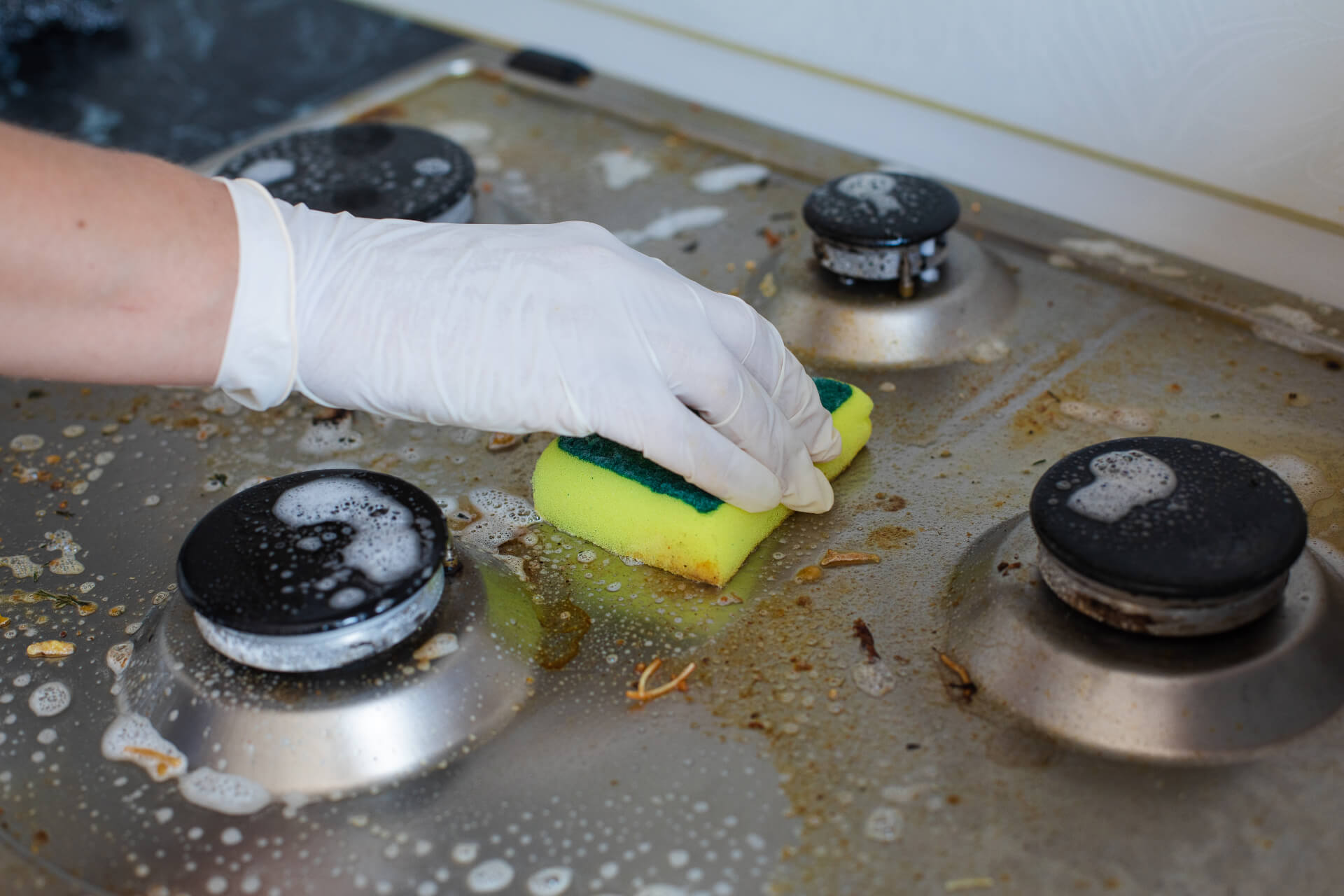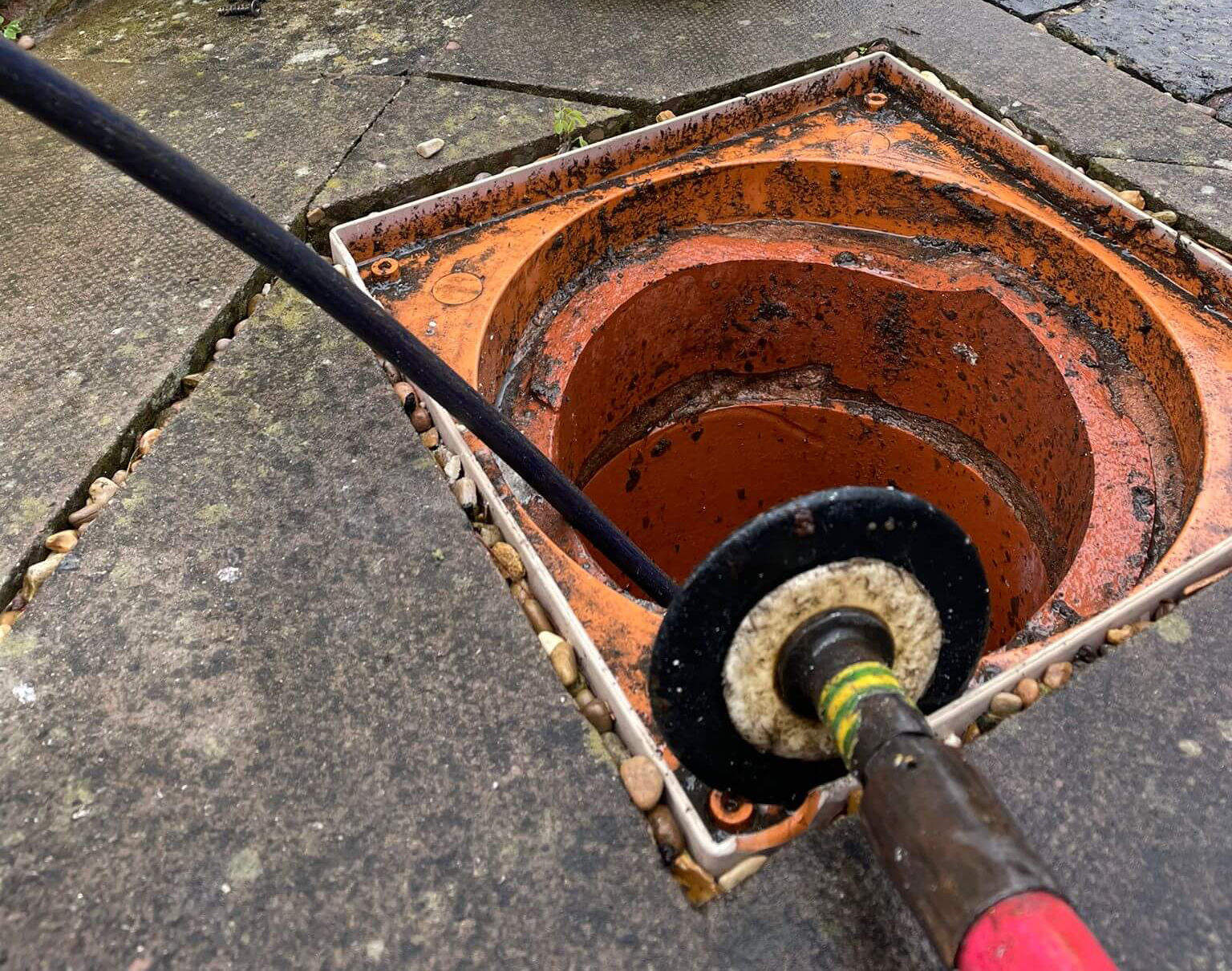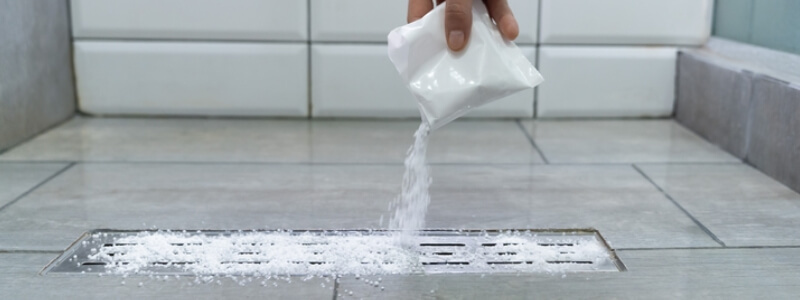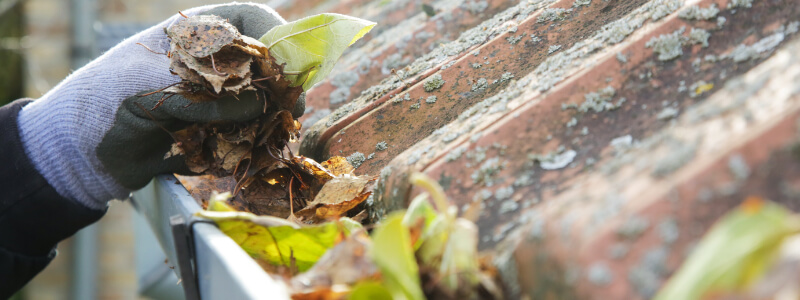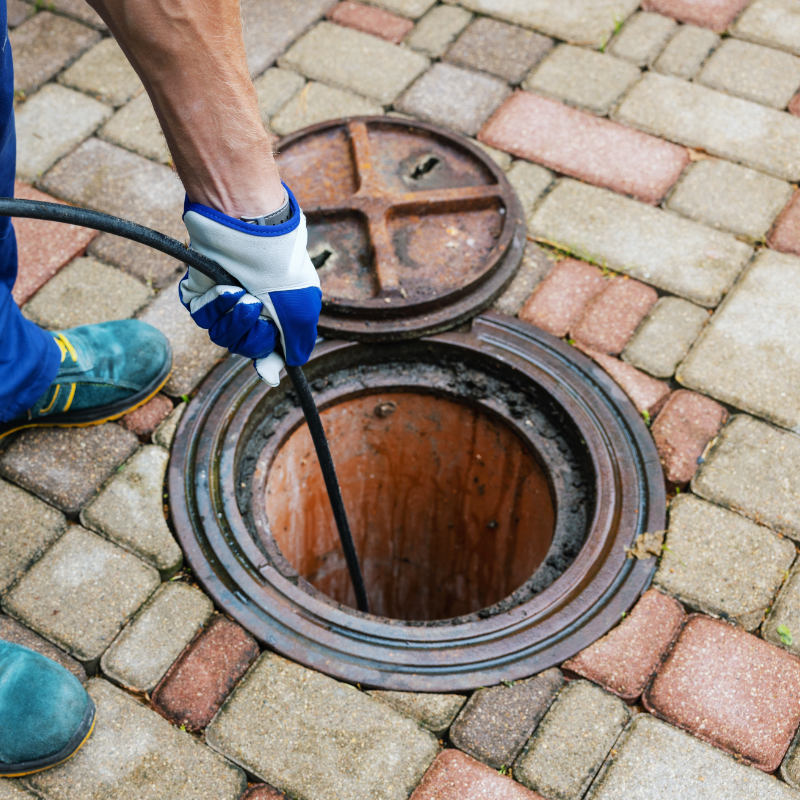3 Easy Solutions for Smelly Outside Drains
Is a Smelly Drain Ruining Your Outdoor Space?
Nobody likes a bad smell lingering around their home or business. Smelly drains outside your property can be more than just unpleasant—they can make outdoor areas unusable and even impact curb appeal. But don’t worry! At Cotswold Drainage, we’ve got three tried-and-tested solutions to help you get rid of drain odours for good. Whether you’re dealing with a one-off stink or a persistent problem, these steps will freshen up your drains in no time.
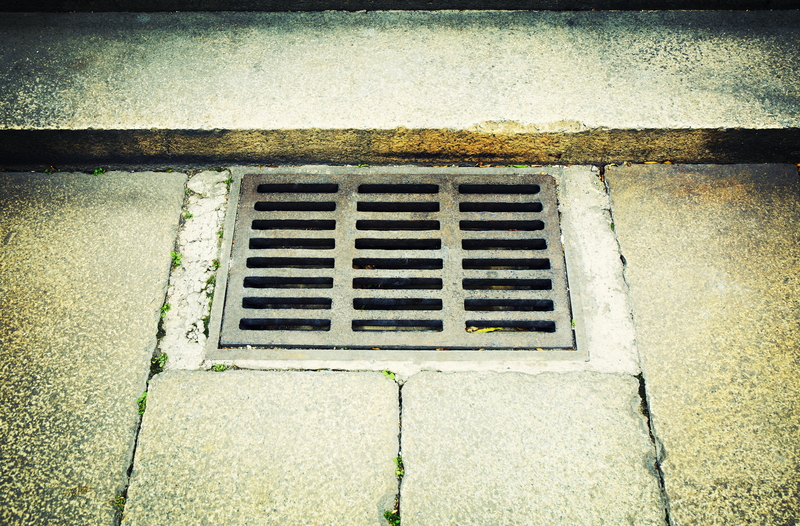
A little maintenance goes a long way in preventing bad smells from outdoor drains. Here’s how you can stay on top of it:
Clear Out Debris Regularly
Leaves, dirt, food scraps, and other debris can easily accumulate in drains, creating an environment where bacteria and mold thrive. Over time, these can lead to persistent foul odours. To prevent this, check your outdoor drains regularly and remove any visible debris using gloves or a small shovel. Additionally, installing a drain cover or mesh screen can help reduce buildup by preventing leaves and larger particles from entering in the first place.
Flush With Hot Water
One of the simplest yet most effective ways to prevent drain odours is by flushing them with hot water. This helps dissolve built-up grease, soap scum, and organic material that could otherwise lead to blockages and bad smells. Make it a habit to pour a kettle of hot (not boiling) water down your outdoor drains once a week to keep things flowing smoothly.
Use a Natural Drain Cleaner
Instead of relying on harsh chemical cleaners, try a natural alternative that’s just as effective. A combination of baking soda and white vinegar creates a fizzy reaction that breaks down grime and neutralizes odours. Pour equal parts baking soda and vinegar into the drain, let it sit for 10–15 minutes, then flush with hot water. This method is eco-friendly and safe for both your pipes and the environment.
Book a Routine Inspection
Regular DIY maintenance is great, but for long-term drain health, professional inspections are key. Our team at Cotswold Drainage can conduct routine checkups to identify any hidden issues before they become major problems. Scheduling an inspection once or twice a year can help keep your drains in peak condition and prevent unpleasant surprises.
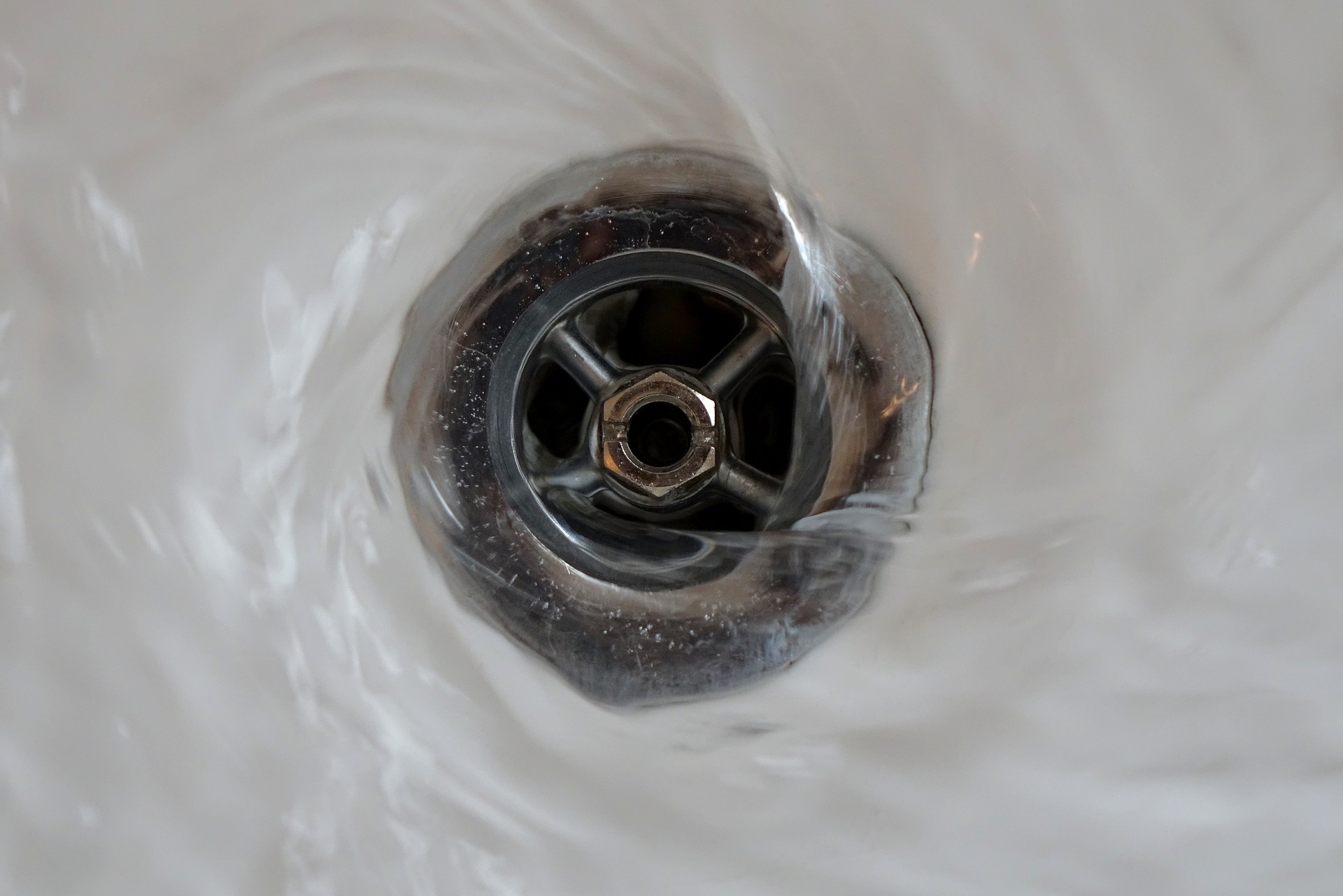
For persistent odours, enzymatic drain cleaners offer a powerful yet environmentally friendly solution. Unlike harsh chemical-based cleaners, enzymatic cleaners use natural bacteria and enzymes to break down organic waste, grease, and grime—eliminating the source of the smell rather than just masking it.
Effectively Using Enzymatic Cleaners
- Clear any debris from the drain first to ensure the cleaner reaches the buildup.
- Pour the recommended amount of enzymatic cleaner directly into the drain, following the manufacturer’s instructions.
- Allow it to sit overnight or for the duration specified on the product label to give the enzymes enough time to break down stubborn organic matter.
- Use only on dry days to ensure that the cleaner isn't diluted by rainwater before it has a chance to work.
- Repeat as needed—enzymatic cleaners work best with regular use, so consider incorporating them into your monthly maintenance routine.
These cleaners are safe for outdoor drains, septic systems, and the environment.
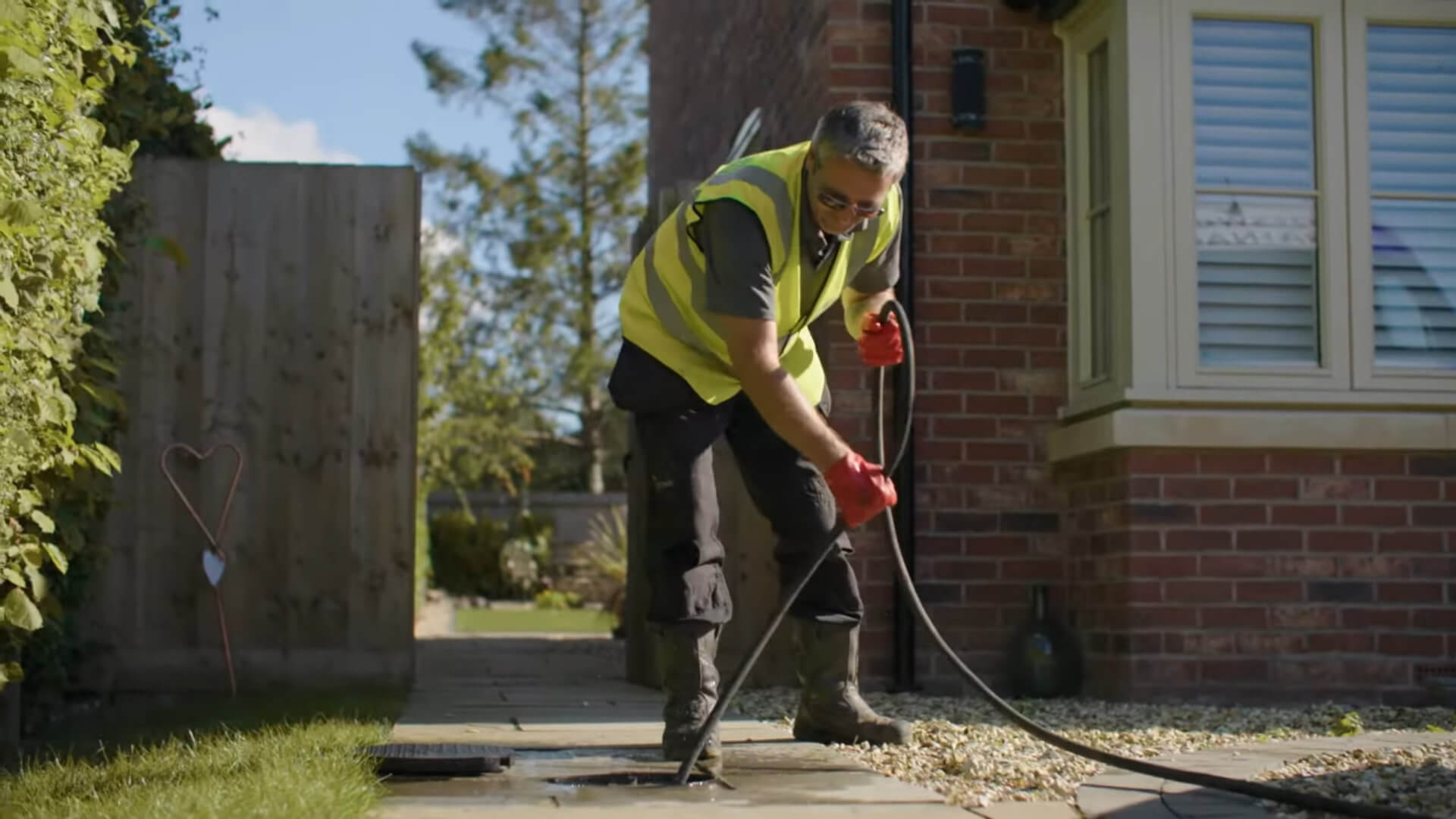
If you’ve tried everything and your outdoor drains still smell bad, the issue could be deeper within your drainage system. Problems like blockages, cracks, or damaged pipes can trap waste and cause ongoing odours that DIY solutions won’t resolve.
How a Professional Inspection Can Help
At Cotswold Drainage, we use advanced CCTV drain inspections to identify the exact cause of persistent odours. By inserting a small camera into your drainage system, we can detect issues such as:
- Stubborn clogs that aren’t fully cleared by DIY methods
- Leaks or cracks allowing waste to accumulate and emit bad smells
- Structural damage that requires professional repair
What Happens Next?
Once we’ve identified the root cause of the problem, our team will recommend the best course of action. This could include:
- Clearing stubborn blockages using high-pressure jetting or mechanical removal
- Repairing or replacing damaged pipes to restore proper drainage function
- Drain smell diagnostics to find the true source of the smell if it persists
Why Call in the Experts?
- Identify hidden issues that DIY solutions can’t fix.
- Prevent costly damage by addressing small problems before they escalate.
- Eliminate odours permanently rather than just temporarily covering up the smell.
Professional drain inspections and repairs not only resolve smelly drains but also prevent future issues, saving you time, money, and frustration.
Freshen Up Your Drains Today!
Nobody wants to deal with smelly drains outside their home or business. With these three simple solutions—regular maintenance, enzymatic cleaners, and professional inspections—you can say goodbye to bad odours for good.
Need expert help? Cotswold Drainage is here for you! Contact us today for professional drain cleaning, inspections, and repairs to keep your outdoor space fresh and pleasant all year round.
